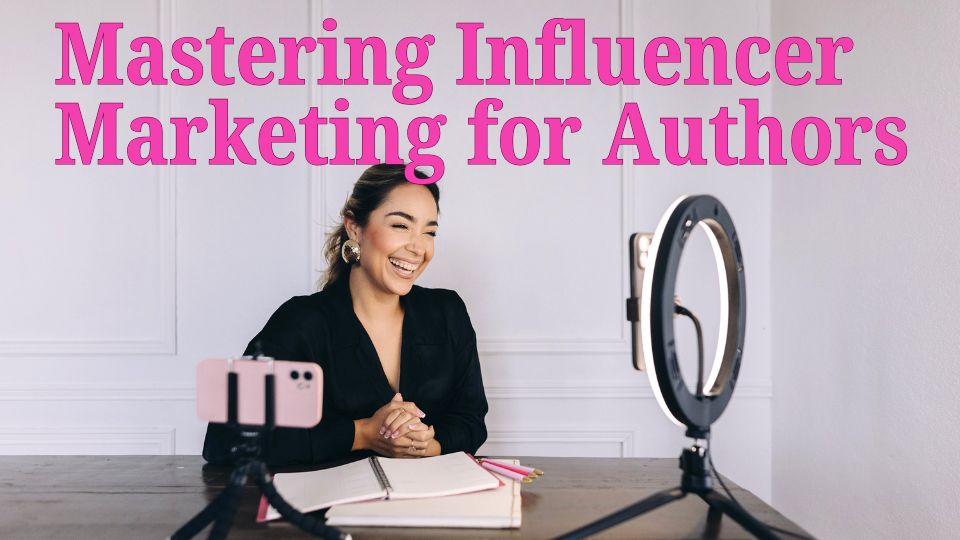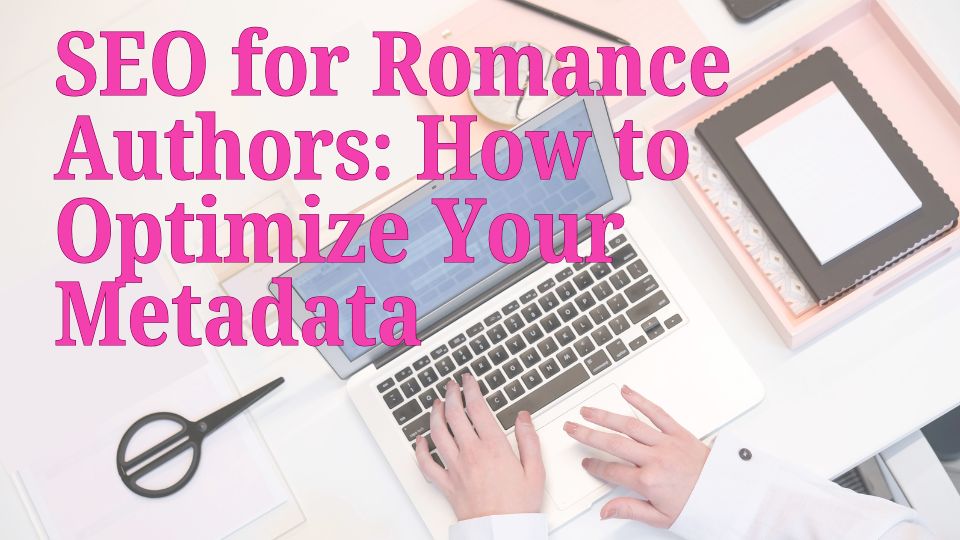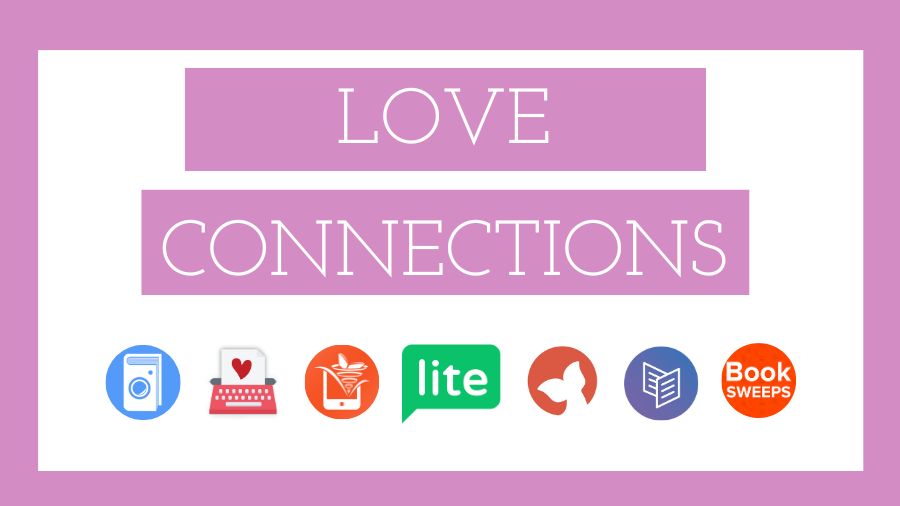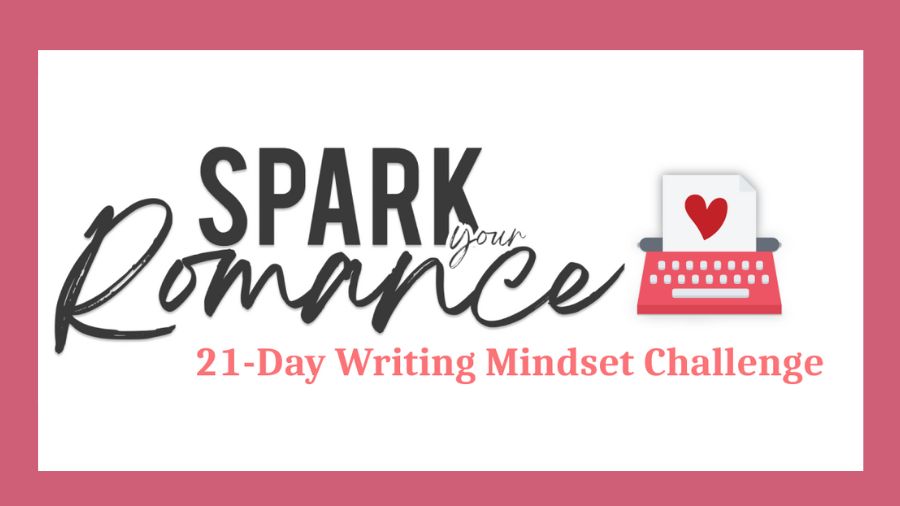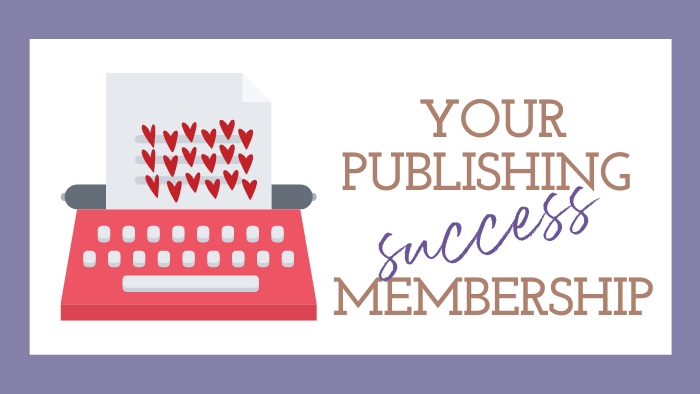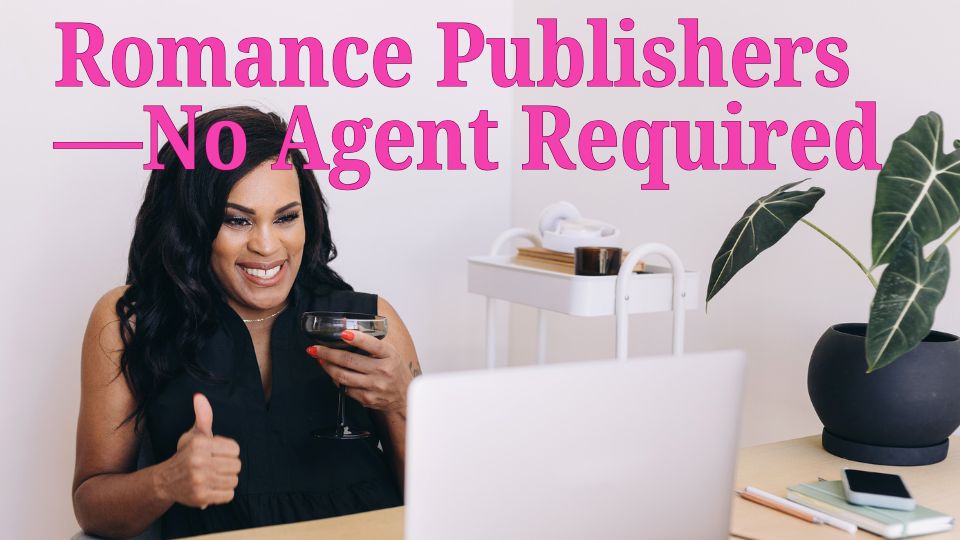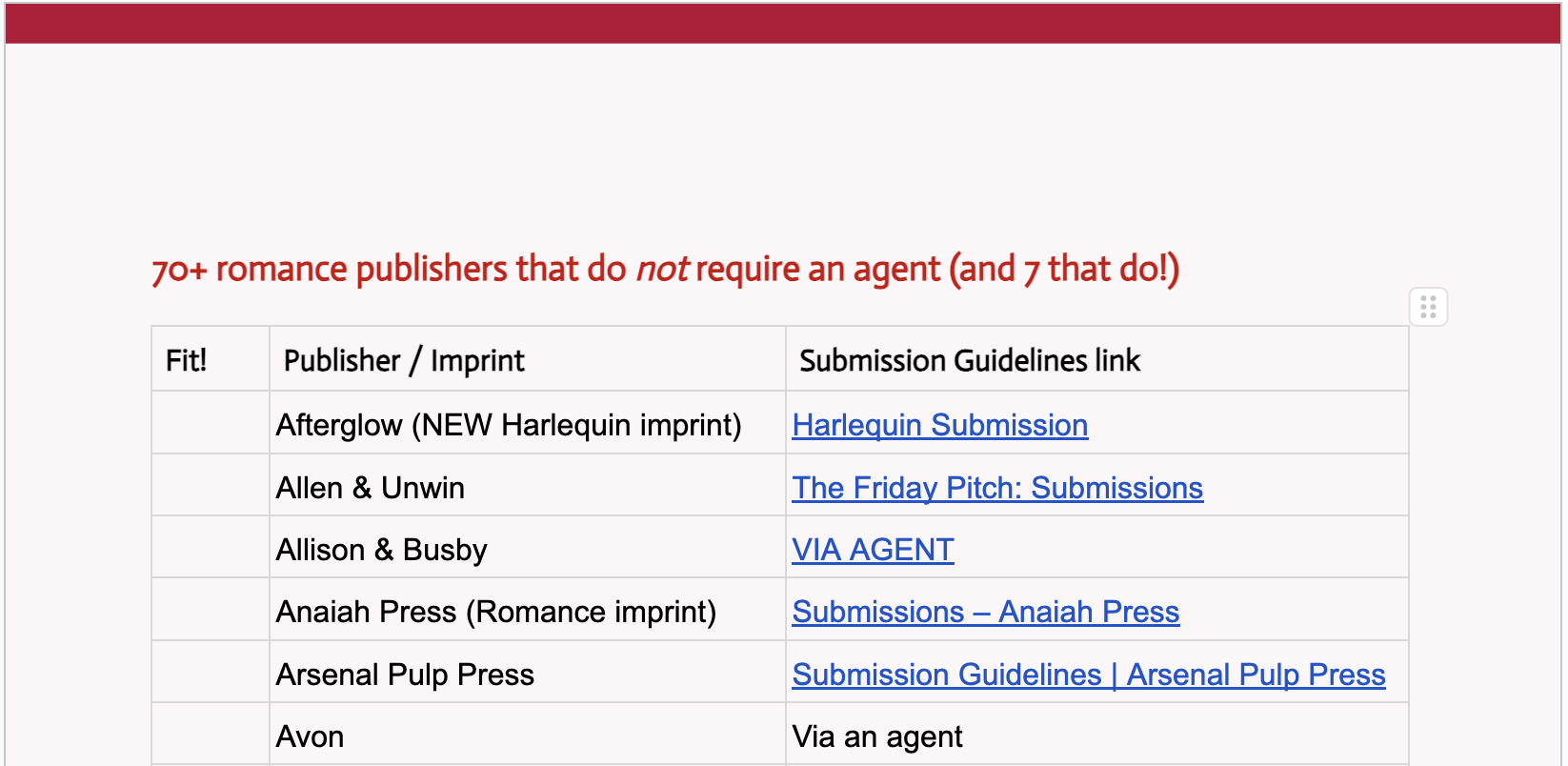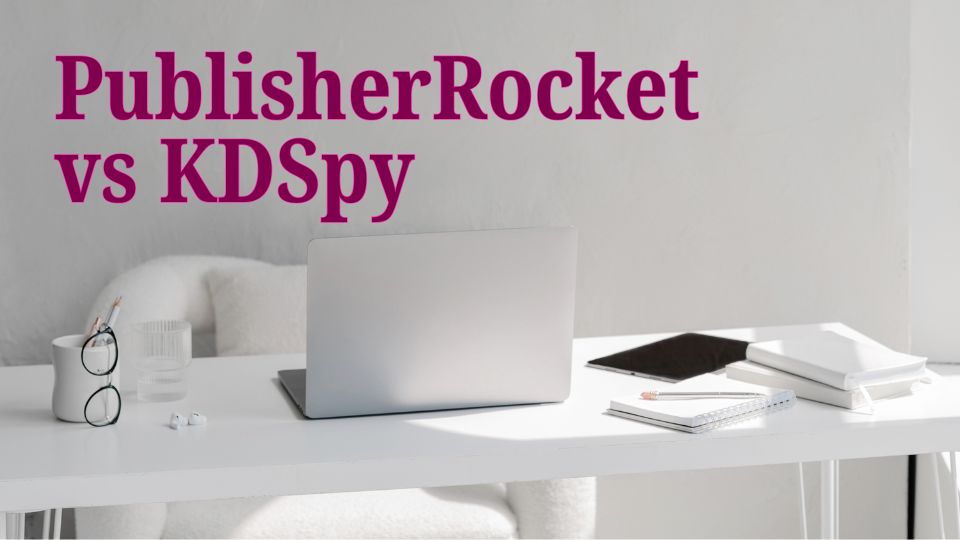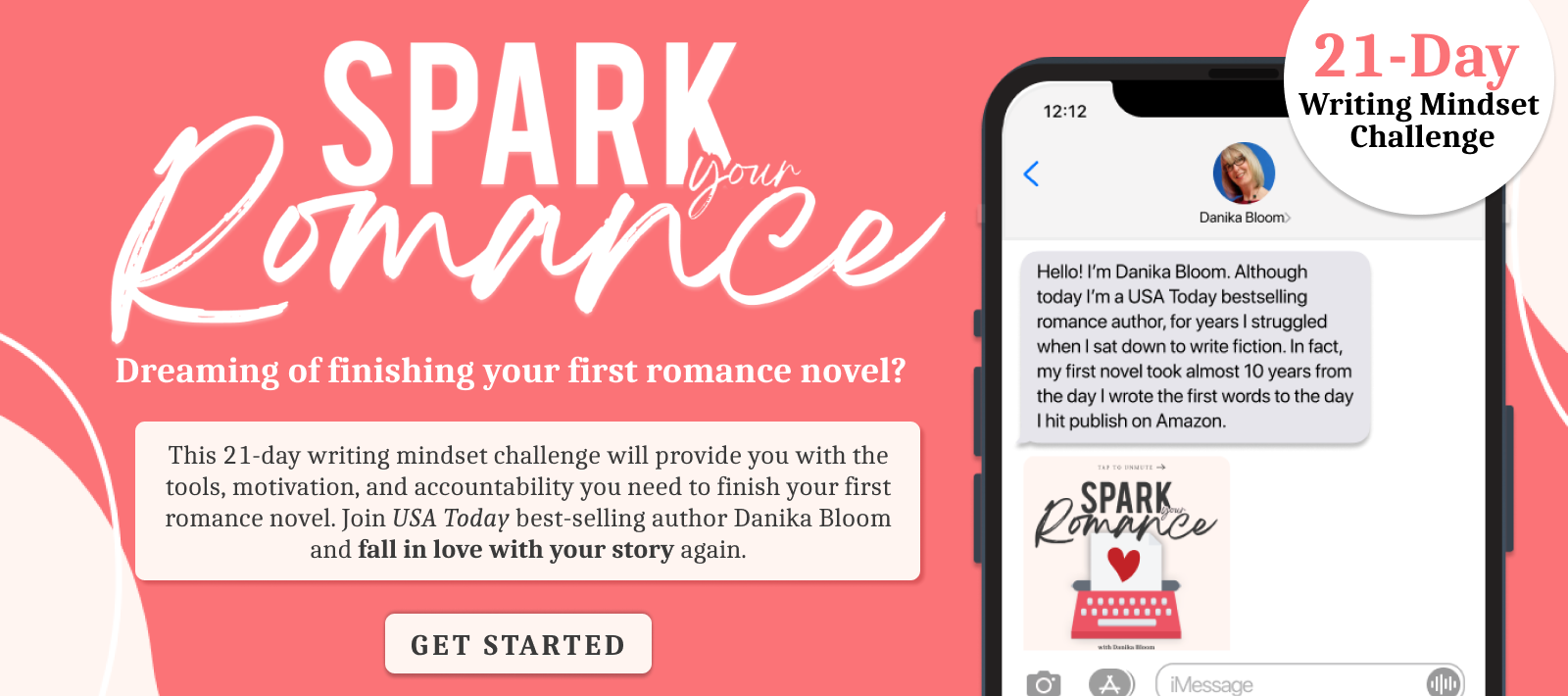Publisher Rocket vs KDSpy
My dad was a spy. Not kidding. Not the James Bond kind of spy who everyone knew was a spy. No, when I was growing up, he said he was an “entrepreneur.” I didn’t learn the truth until he was literally on his deathbed that what he was doing was flying to far-away countries to do things that, if I ever said I was going to do, he’d have locked me in my room for!
Anyway, the spying gene I inherited from my dad runs deep and so does my entrepreneurial nature. So when I started writing books and learned that I could spy on other authors to see how well their titles were performing… I ponied up my pennies and bought the tool that was available at the time: KDSpy.
I’d been using KDSpy for about four years when a friend put me on to what was then a new spy tool for authors called Publisher Rocket and I was hooked. It does a lot of the same things KDSpy does but the two are different enough to make having both worthwhile. Kind of like having a Dad-spy and a Mom-spy working for you!
Unveiling the best keyword research tools for authors
In today’s competitive self-publishing landscape, the power of keyword research can’t be overemphasized. The right keyword strategy can catapult your book to the top of Amazon search results. With a plethora of tools available, two software solutions have distinguished themselves for authors: Publisher Rocket and KDSpy. In this comprehensive comparison, I explore into the functionalities of both tools, helping you make an informed choice.
Publisher Rocket: beyond just keywords
Publisher Rocket, formerly known as KDP Rocket, offers more than just keyword suggestions. It’s an all-in-one platform that provides insights into categories, competition, and estimated earnings. It’s tailored specifically for authors who wish to grasp Amazon’s algorithms.
Features:
-
- Keyword Recommendations: Get suggestions based on real Amazon searches.
- Competition Analysis: Understand how other books are performing in your niche.
- AMS Keyword Feature: Directly extract keywords for your Amazon advertising campaigns.
KDSpy: the Kindle spy
KDSpy, often dubbed “The Kindle Spy,” is a browser extension that simplifies the keyword research process. With a single click, you can analyze any Amazon Kindle category, revealing potential keyword goldmines.
Features:
-
- Instant Results: Quick overview of any book or category.
- Sales Data: Estimations on monthly revenue, sales, and more.
- Competitive Analysis: View book covers, descriptions, and reviews to gauge your competition.
Head-to-Head Comparison
When comparing Publisher Rocket and KDSpy, consider your primary needs:
- For a holistic approach to Amazon book marketing, Publisher Rocket stands out.
- If rapid insights and browser-based convenience are your priorities, KDSpy could be your go-to.
What do they spy on?
Basically, they both troll Amazon author’s keywords, categories, niches, titles, book descriptions and sales volumes. It’s great intel (that’s spy talk for information!) if your publishing goal is to sell as many books as possible. That’s not every writer’s goal, but for those of us who at least want to make back the money we spend producing our books, these tools are really handy when it comes to helping with discoverability.
How do they compare?
Caveat: I have a sister and a brother. I won the sibling lottery with both of them. They’re quite different humans but both bring me joy so I could never, and would never, be able to say, “if you had to pick just one to be your friend, I’d recommend you choose Derek,” or “I think you’d be better off with Kim in your friend corner.”
All that to say, I’m not going to say one of these programs is better than the other, but I will point out how they differ so you can choose the one that serves you best. Unless you’re like me and decide they’d both be good tools to have!
Ease of use
KDSpy is a browser extension that takes you to Amazon where it will help you research bestseller rankings in all Kindle categories. It’s a one-click info dump. Easy-peasy once you’re on the book or author page you’re interested in finding out about.
Publisher Rocket is a piece of software you download. You have to open the software and then you input specific keywords that it will use to gather intel about the books that match that keyword search. It’s a handsome software. Nice interface and graphics so if looks matter to you you’ll love Publisher Rocket… but like so many things that are pretty, it is a bit more work. But you get a lot more information, too.
What it searches
KDSpy allows you to gather country-specific data from Amazon stores in the USA (Amazon.com), UK, Canada, Germany, Australia, Italy, Spain, France and India. The time this is valuable is if you’re running Amazon ads since this will allow you to find keywords that are specific to each country. And they do differ!
Publisher Rocket gathers data from Amazon.com, Germany and the UK, with more countries coming soon. Although you only get data from three countries (Dec 2022), the data is incredibly valuable for choosing your Amazon keywords and phrases (those seven optional fields you can fill in when you upload your book).
Tracking sales over time
KDSpy has a feature that lets you track sales data for 30 days. It’s a neat feature to watch how well a book launch does, for instance, if you’re following an author and want to know if their launch strategies translate into sales or not.
Publisher Rocket doesn’t have a data tracking function.
Keyword suggestions
KDSpy has this red light, orange light, green light system to help you see which keywords have the most and least competition. If you’re going to be running ads, this is valuable information since keyword ad prices are based on the popularity of the keywords.
Publisher Rocket has a more robust keyword search function and allows you to download lists of keywords easily. It also gives you data about the popularity of keywords, but using percentages (basically) rather than traffic lights.
Price
KDSpy says it’s $97 for a lifetime membership with free updates, which they do regularly. But every time I’ve referred an author friend to the site, I’ve noticed they have a half-price deal. So really, I think it’s always $69. They have a free 7-day trial period and a 60-day money-back guarantee.
Publisher Rocket is $97 for a lifetime membership with free updates, which they’ve done several times since I bought the software in 2019. Now, their website is saying that they’ll be moving to a monthly subscription model soon, so… would that be more or less appealing to you? They have a 30-day money-back guarantee.
What else?
See why it would be impossible for me to pick to a favorite spy child? One of the nice things that Dave Chesson does—he’s the guy who created Publisher Rocket—is that he offers some great educational content on his website in the form of both blog posts and a free 5-day course.
Book Description Generator— If you’ve ever uploaded a book description to Amazon you’ll know the pain of trying to format that copy. It’s a three-finger whiskey kind of job. Dave Chesson’s Book Description Generator turns that task into a single cup of tea task. You upload your book description to his site, make it pretty, then generate the code you need to add to your Amazon book page. It’s magical.
Choosing Kindle Keywords—Again, if you’ve uploaded a book to Amazon and lived to tell the tale, you’ll know that you’re given space to add 7 Kindle keywords or phrases. Dave shares tips to help you choose the best keywords for your book and points out mistakes you might have made that could work against your keyword strategy. And Publisher Rocket is a lot of fun to use! Some friends (who don’t have Rocket) hate figuring out their keywords. I love it!
5-day free Amazon ads course—Funny thing about this course is that it doesn’t actually have a catchy name. But it does use the right keywords to tell us what it’s about! Get it by email. Totally free. And Dave “Mr. Kindlepreneur” Chesson will not overload you with email after you’re done, like some marketers do.
How to Choose the Best Amazon Categories—The Amazon book categories you choose will have a direct effect on whether or not you become an Amazon bestselling author. Simple as that. And Dave helps you choose the right ones, whether you purchase Publisher Rocket or not. But it’s wa-ay easier with Publisher Rocket.
There you have it! My effort to turn you into a spy since a) it’s super fun to check out how other authors are doing b) it’s smart to be a strategic author and these tools make that easier and c) being a spy is something you can really only talk about with other spies… I need more spy friends.
